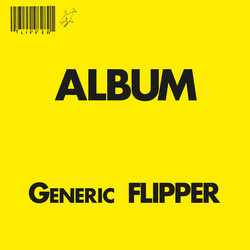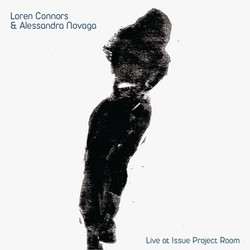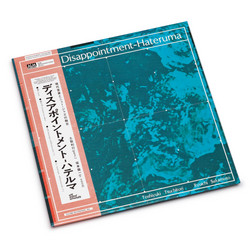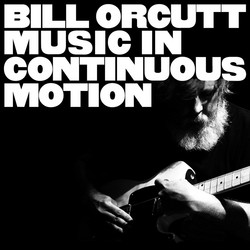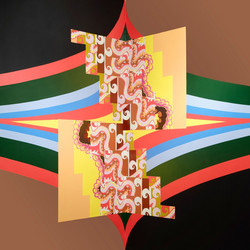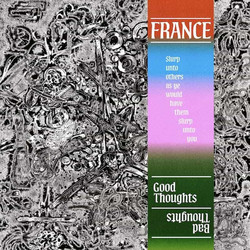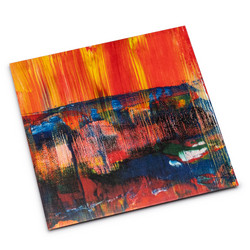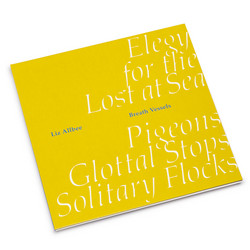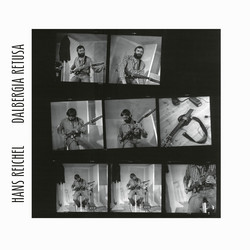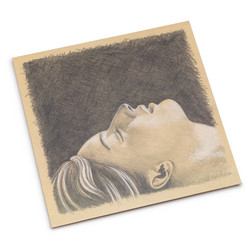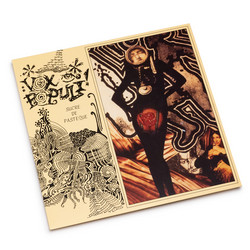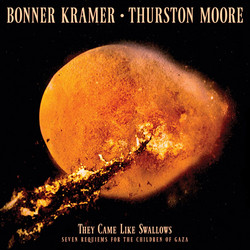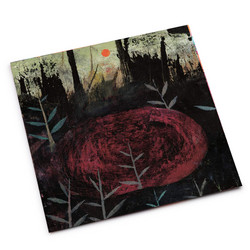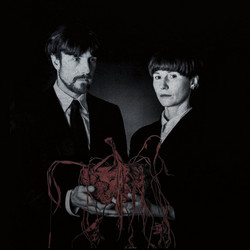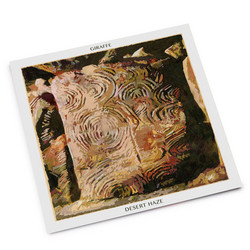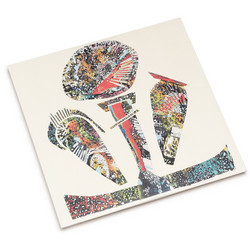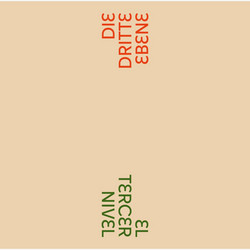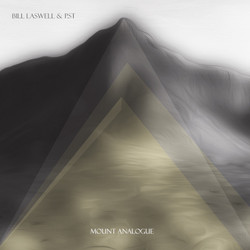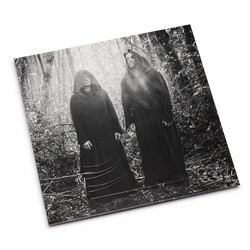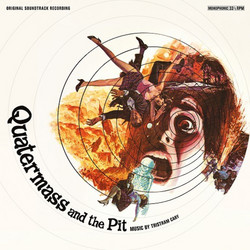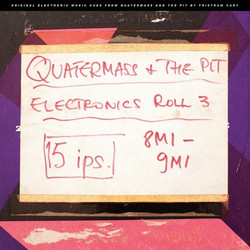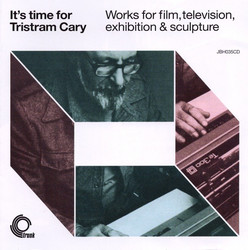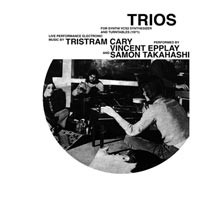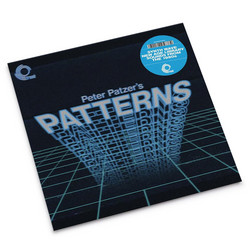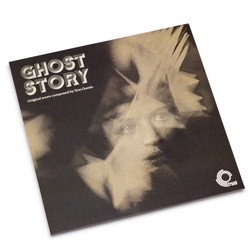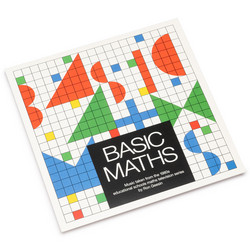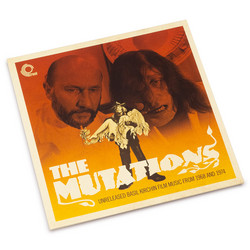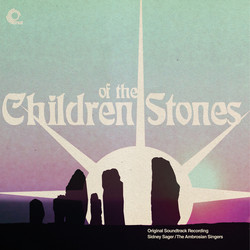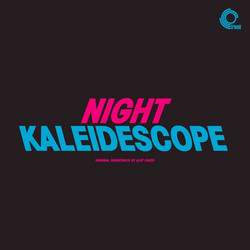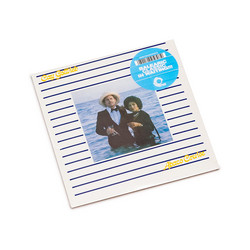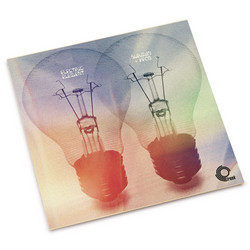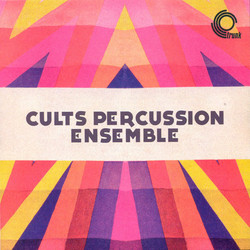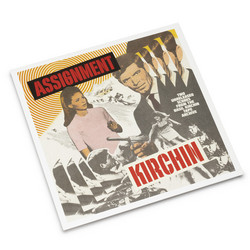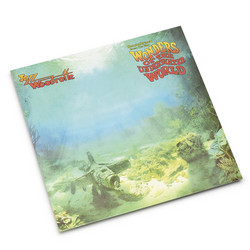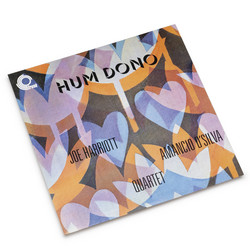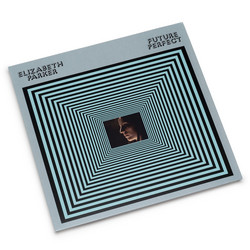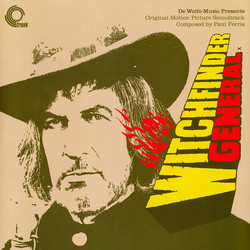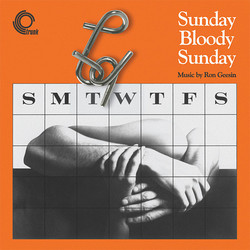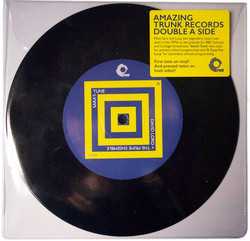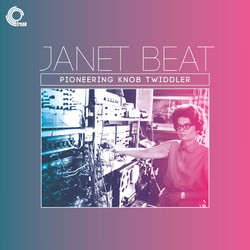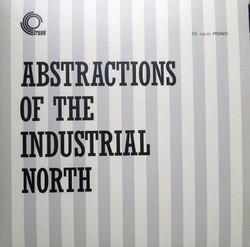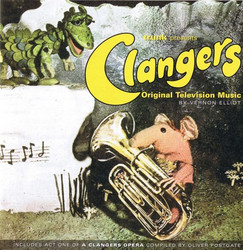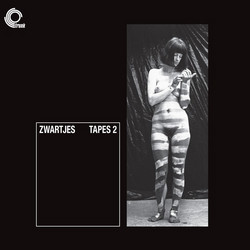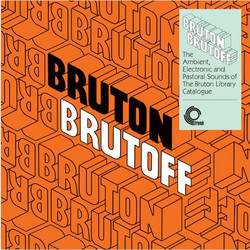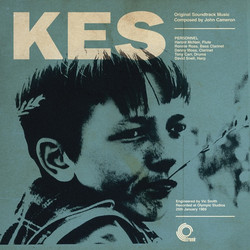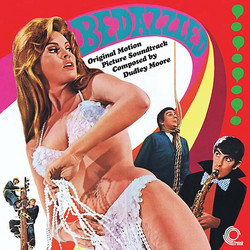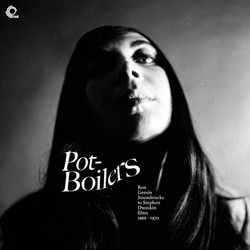Tristram Cary
It\'s Time For Tristram Cary
LP version, 1st edition. Subtitled: Works For Film, Television, Exhibition & Sculpture. The Trunk label presents one of the most important, innovative, influential and almost-forgotten artists of all time, British/Australian electroacoustic composer, Tristram Cary. Without Tristram's inventions and musical experiments, Dr. Who would sound very different. We'd have no VCS3 synthesizers, no Brian Eno, no crazy electronics for Pink Floyd, etc. This is a retrospective of the composer's work, including some of his unreleased experimental music as well. The third son of famed novelist Joyce Cary, he had a keen interest in music, science and electronics. He studied at Trinity College and served as a radar operator in the Royal Navy as war broke out. After the war, he began building an electronic music studio (the first of its kind in the UK), experimenting with discarded military equipment. By 1954, he was earning a living as a composer, and in 1955 got the job of writing all the music for a new Ealing movie, The Ladykillers. He worked for the BBC on many occasions, most infamously creating the music and otherworldly effects for the Dr. Who Daleks seven part series in 1963. In 1967, he founded the Royal College Of Music Electronic Studio, wrote the groundbreaking music for Hammer's Quatermass And The Pit, and in 1969 along with Peter Zinovieff and David Cockerell founded EMS (Electronic Music Studios), the UK's first ever synthesizer company. Their first major products included the VCS3 synthesizer, the suitcase Synthi and the Delaware, equipment that became the modern musical tools of their times. On demonstration tour in Australia he was offered further work, and moved to Adelaide in 1974 where he worked at the University under a number of different musical titles. He left in 1986 and returned to composing, and in 1991 received the Medal Of The Order Of Australia for services to Australian music. He carried on developing sound, consulting and composing for the rest of his life. This is the first time much of Tristram Cary's musical output has been issued, and it includes his music made for sculpture, for the 1969 Expo, compositions he made for Olivetti using their office equipment and a choir, electronics he devised for Casino Royale, classical music he produced for documentaries and curious effects he developed for films about money and design. It shows he was equally comfortable working in classical compositions, with electronics or working in a concrète style.
Details
Cat. number: JBH 035LP
Year: 2010


